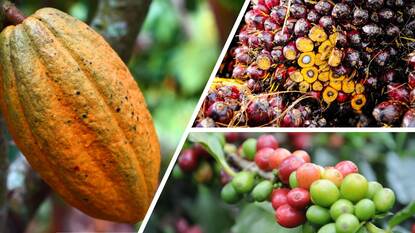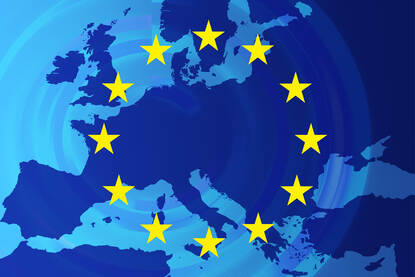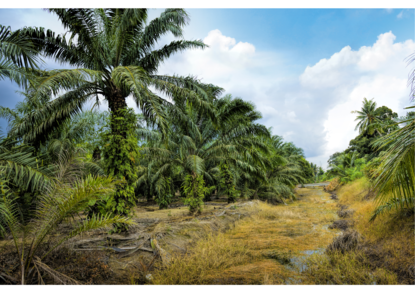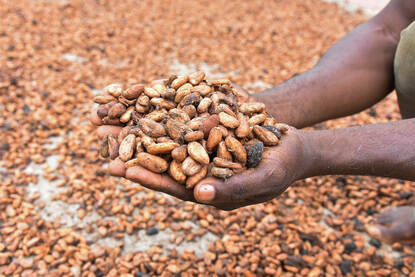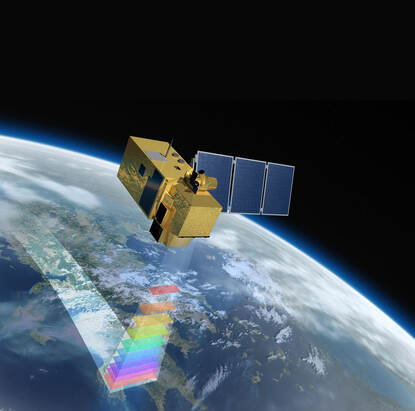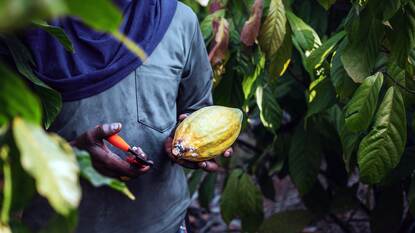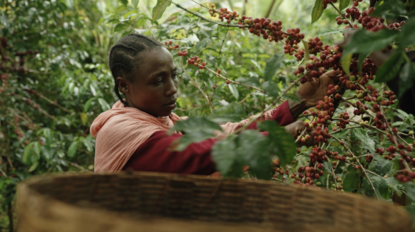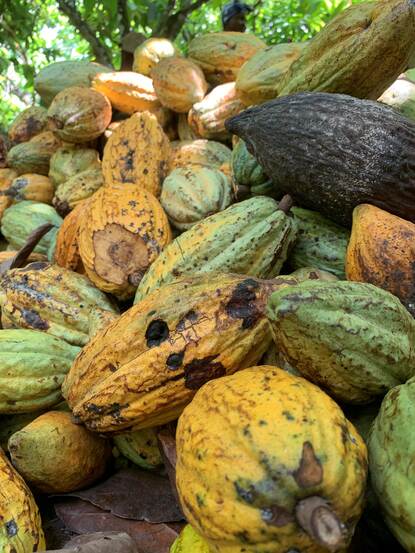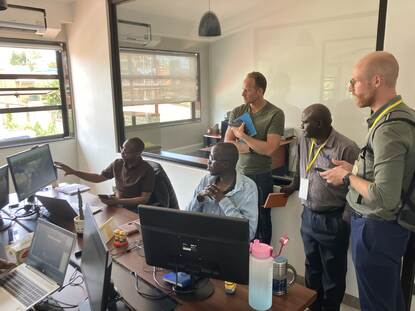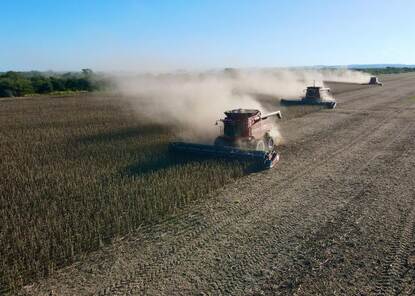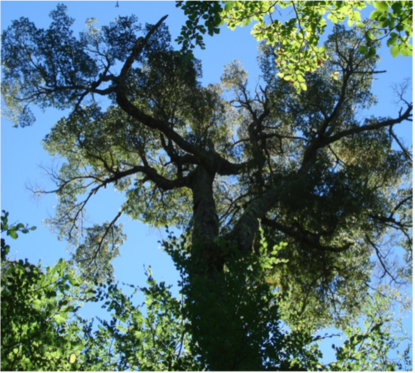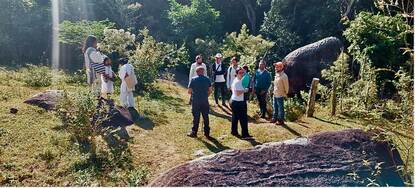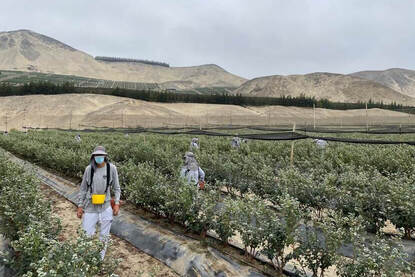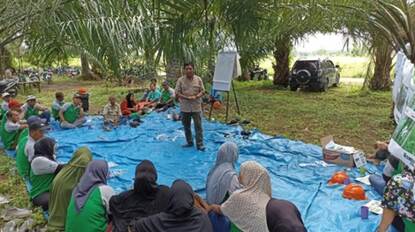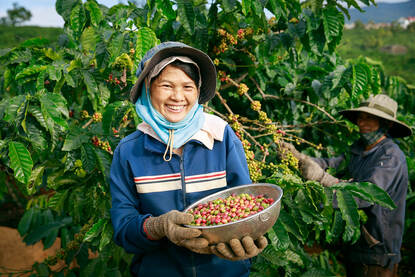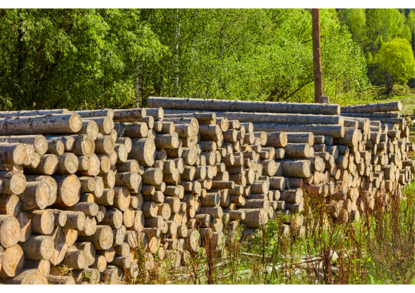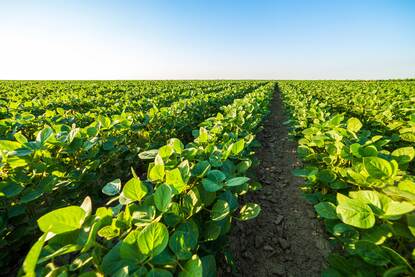The high level of required transparency by the European Union's Deforestation Regulation (EUDR) presents both opportunities and challenges. Even for a country like Brazil, which has a long history of transparency in its supply chains, it will be a test. Will the EUDR bolster confidence in Brazil’s sustainability efforts and contribute to forest preservation, or will it lead to trade disruptions, deviation of trade, and unintended social consequences? To answer these questions, four key persons from the Brazilian agriculture sector give their perspective on the complex situation surrounding the regulation.
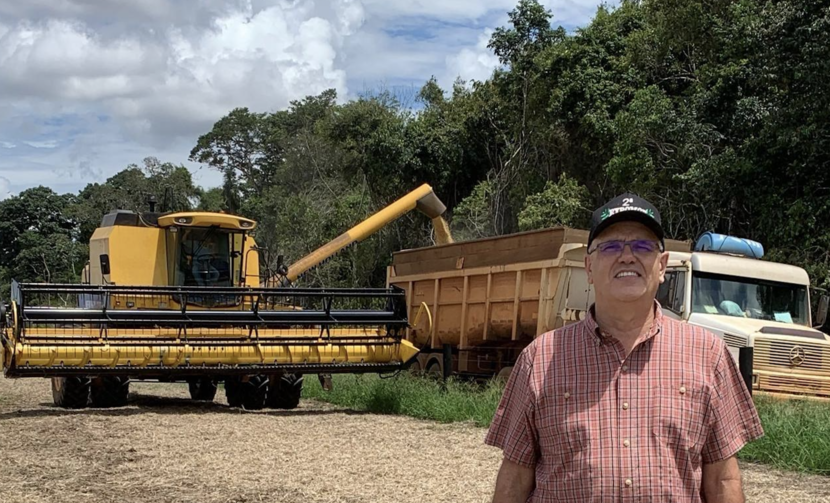
Large farmers: balancing efficiency and transparency
Ricardo Arioli is a large-scale farmer from Mato Grosso, located in the Central-West region of Brazil, and represents the established agricultural sector. He emphasizes Brazil's existing efforts towards sustainable practices, highlighting the uniqueness of the Forest Code that obliges land preservation on private properties between 20-80% and the existing certification schemes like the Round Table on Responsible Soy Association (RTRS). Arioli believes the focus of policies aiming at sustainable supply chains should be on rewarding responsible producers (like himself) and on 99% of the Brazilian farmers who produce sustainably.
Arioli believes that the EUDR’s 100% traceability requirement is logistically impossible since grains are mixed between farms, storages, and ships. The requirement will lead to an inefficient system, as it will increase additional costs and could cause trade disruptions. That is why he advocates for a collaborative approach, emphasizing the need for international cooperation to combat the 1% of ‘the rotten apples’ – in terms of illegal practices – that cause most of the deforestation.
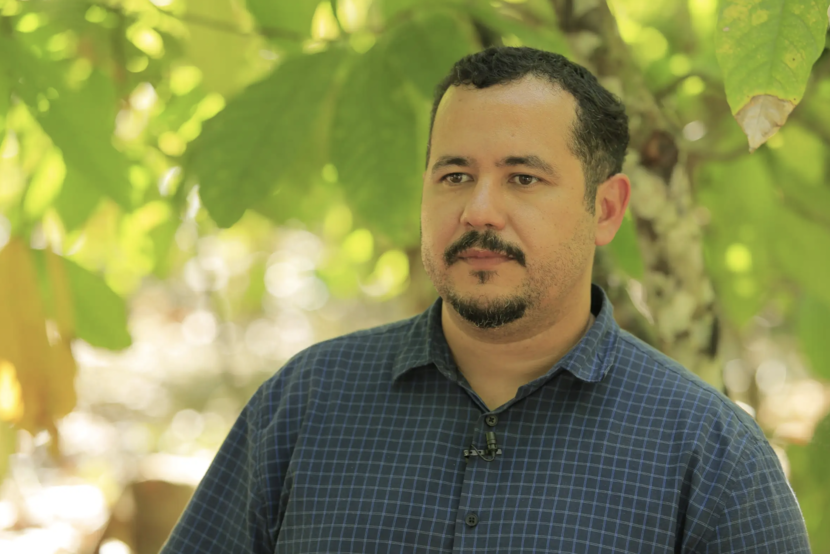
Smallholders face adaptation hurdles
Paulo Lima, manager Amazone Programme at Solidaridad, an international network organization supporting small farmers, expresses concern about the EUDR's impact on the vulnerable smallholder producers in Brazil. The cost of adapting to complex traceability requirements could be prohibitive for smallholders, potentially barring them from the more lucrative export market. Lima also highlights the specific challenges within the cocoa and beef supply chains, where middlemen and complex supply structures make traceability even more difficult.
He stresses the need for legal certainty regarding land ownership and environmental regulations to allow smallholders to invest in their farms and meet the EUDR's demands. While acknowledging the challenges, Lima underlines existing efforts towards traceability, such as the Round Table on Responsible Soy and a moratorium on soy from the Amazon. He sees the EUDR as an opportunity to promote a more sustainable global commodities market, but only with joint investments from both the European Union (EU) and Brazilian Government.
‘In Brazil, we are no longer discussing why the EUDR, but how’
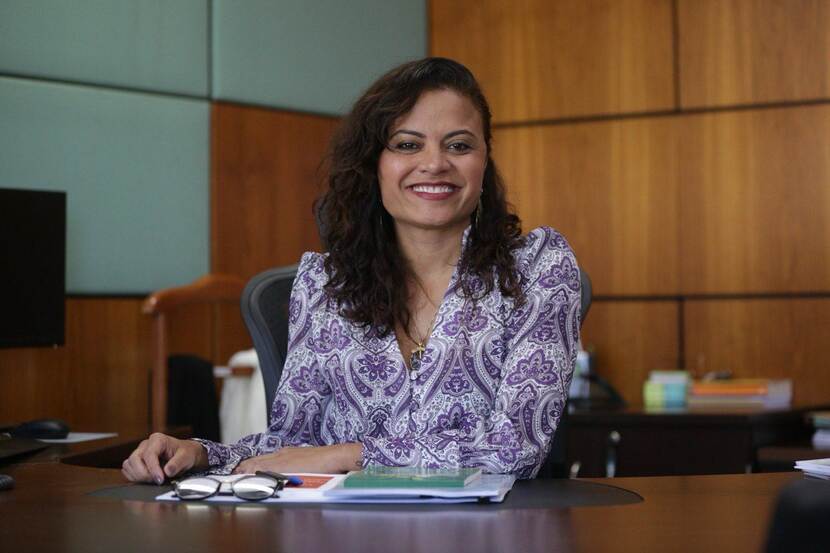
The Brazilian Government seeks collaboration and recognition
Renata Miranda, Vice Minister at the Brazilian Ministry of Agriculture (MAPA), underscores Brazil's commitment to dialogue and collaboration. She highlights initiatives like AgroBrasil+Sustentável, a national platform promoting transparency across the agricultural sector. Miranda stresses that both the EU and Brazil share the goals of a sustainable and prosperous future, aligning with the Sustainable Development Goals and President Lula's environmental commitments. While acknowledging the EU's leadership in environmental sustainability, she expresses concerns about the unilateral nature of the EUDR's development.
Miranda warns of potential risks like trade diversion, increased social inequality, and food inflation due to unclear implementation procedures. However, she acknowledges the capabilities of Brazilian agribusiness to meet the EUDR's demands and reiterates Brazil's commitment to sustainable production and high-quality products.
‘Brazilian agribusiness has the capabilities to meet the EUDR's demands’
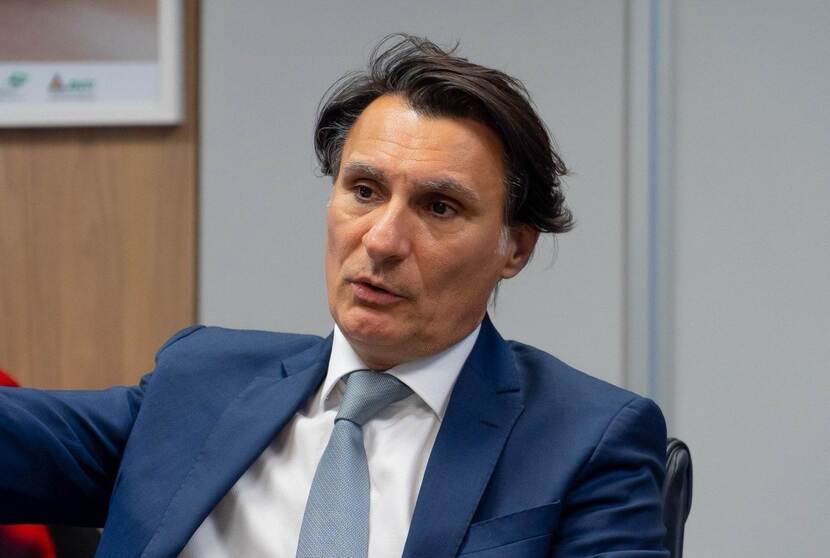
Industry uncertainties threaten opportunities
André Nassar, representing the vegetable oil sector organization ABIOVE, highlights the uncertainty surrounding the EUDR's implementation. The lack of clear guidelines and verification methods creates anxiety among exporters, who struggle to understand how to comply. Nasser identifies key uncertainties relating to accepted deforestation maps, data protection for producers, and managing the risk of accidental mixing within supply chains. He states that these uncertainties outweigh the initial hope that the EUDR would lead to recognition for existing traceability systems and sustainable production in Brazil.
Nasser emphasizes Brazil’s and the EU’s shared goal of sustainable practices, zero deforestation, and economic development. He argues that trade creates a vital link between consumer demand in the EU and responsible production practices in Brazil.
'Sustainable practices, such as zero deforestation, will only become a reality if products are traded, because it is the trade that creates links between consumers wishes and requirements for the producing countries’ – André Nassar
Building on the Brazilian and European connection
Most Brazilian producers want the same as consumers in Europe: sustainable production, reliable supply chains and preservation of nature in Brazil. There is a difference of opinion on what land can be deforested legally and what is illegal but in general forest preservation is as important for Brazil as it is for the world. A lot of work already went into transparency before the EUDR. The systems in Brazil are sophisticated and many certification schemes go beyond the requirements of the EUDR.
Leading up to the implementation of the EUDR, the challenge is to build (or at least not lose) the connection between Europe and Brazil so that transparent and zero deforestation supply chains become the norm, whether they end in Europe or elsewhere. The interviews with Ricardo, Paulo, Miranda, and André show that a lot of work still needs to go into the implementation of the EUDR, not only to make it ground-breaking but also revolutionary in its impact.
More information and contact
The Dutch Embassy facilitates the discussion between Brazilian and European partners on how to connect the European and Brazilian systems and how to implement the EUDR by organizing dry-runs and discussions. For more information you can visit the country page of Brazil on the website Agroberichtenbuitenland.nl of the Dutch Ministry of Agriculture, Nature and Food Quality. You can send an e-mail to the agricultural team at the Dutch Embassy in Brasilia: bra-lnv@minbuza.nl.
